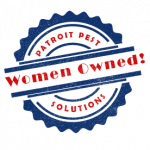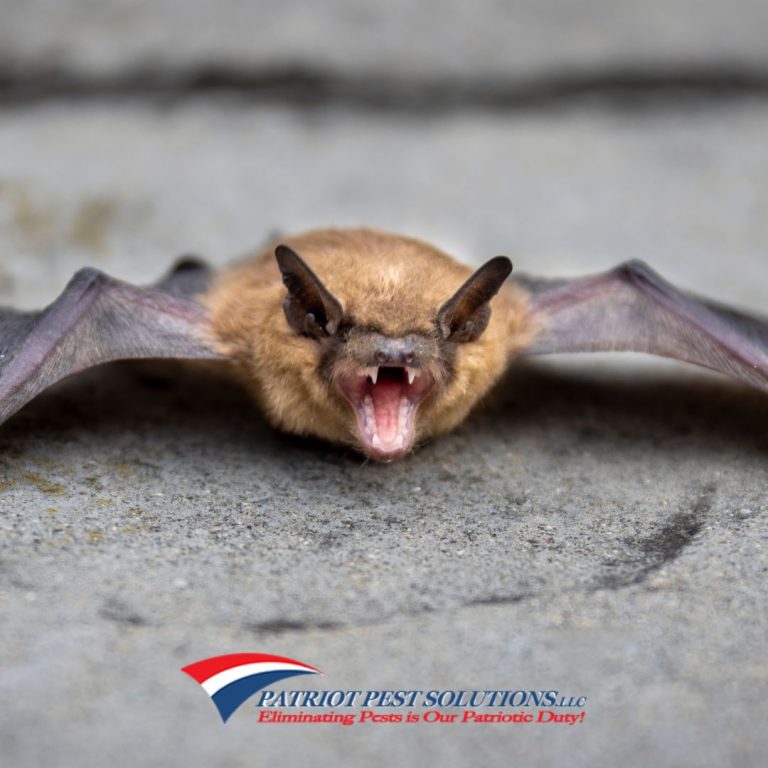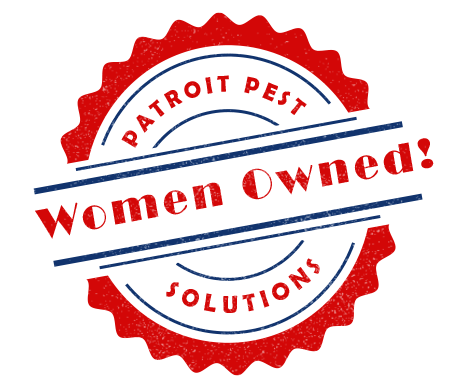Wildlife intrusions can happen in any property, may it be residential or commercial, creating not only inconvenience but also potential risks to health and safety. Whether it’s the sound of critters in the attic, the sight of raccoons rifling through your garbage, or more severe issues like structural damage, choosing the right wildlife control partner is crucial in effectively addressing these problems while ensuring the humane treatment of animals. Here’s a comprehensive guide on what you should look for in a wildlife control service to ensure your peace of mind and the safety of both your property and the animals.
1. Licensing and Certification
The first and most critical factor to consider is whether the wildlife control company is licensed and certified to operate in your area. Wildlife control requires specific expertise, not just in safely capturing and relocating animals but also in understanding local wildlife laws and regulations. A reputable company will have the necessary permits and adhere to best practices set by wildlife conservation authorities.
2. Humane Wildlife Control Practices
Ethical treatment of animals is paramount. Opt for a wildlife control partner that prioritizes humane methods for dealing with wildlife intrusions. This includes using live traps, focusing on exclusion techniques to prevent animals from re-entering, and relocating animals safely whenever possible. Companies that employ cruel or unnecessary lethal methods should be avoided.
3. Experience and Expertise
Experience matters in wildlife control. Each animal presents unique challenges, and a seasoned professional will have the know-how to handle different species effectively. They will possess a deep understanding of animal behavior, which is crucial in devising effective strategies for their safe removal and prevention of future intrusions.
4. Integrated Pest Management Approaches
Look for companies that adopt an Integrated Pest Management (IPM) approach. IPM focuses on long-term prevention and uses comprehensive information on the life cycles of pests and their interaction with the environment. This information, in combination with available pest control methods, is used to manage pest damage safely, effectively, and at a reasonable cost.
5. A Thorough Inspection Process
A reliable wildlife control partner will offer a thorough inspection of your property to identify the extent of the issue, the species involved, and potential entry points. This comprehensive assessment is crucial in developing an effective plan of action that addresses not only the immediate problem but also any underlying issues that could lead to future wildlife conflicts.
6. Prevention and Exclusion Services
Removing the wildlife from your property is only part of the solution. A good wildlife control company will also provide services to prevent future issues, such as sealing entry points and offering advice on habitat modification around your property. This proactive approach ensures that once the wildlife is removed, it won’t find its way back.
7. Transparency and Clear Communication
Choose a partner who is transparent about their methods, pricing, and what you can expect from their service. They should provide clear communication about how they plan to address your wildlife issue, the timeframe involved, and any preparations you need to make. A good provider will keep you informed throughout the process and offer support and advice on preventing future wildlife intrusions.
8. Positive Reviews and References
Before making your final choice, take the time to read reviews and ask for references. Testimonials from satisfied customers can provide valuable insights into the quality of service and customer experience offered by the company. A reputable wildlife control partner will be happy to share these with you.
Choosing the right wildlife control partner is essential in resolving wildlife issues efficiently and humanely. By considering the factors outlined above, you can ensure that your wildlife concerns are addressed by knowledgeable, ethical, and experienced professionals. Remember, the goal is to solve your current problem and prevent future ones, all while respecting the welfare of the animals involved.




